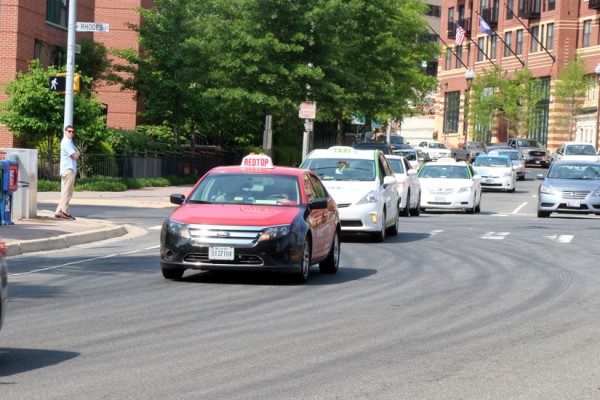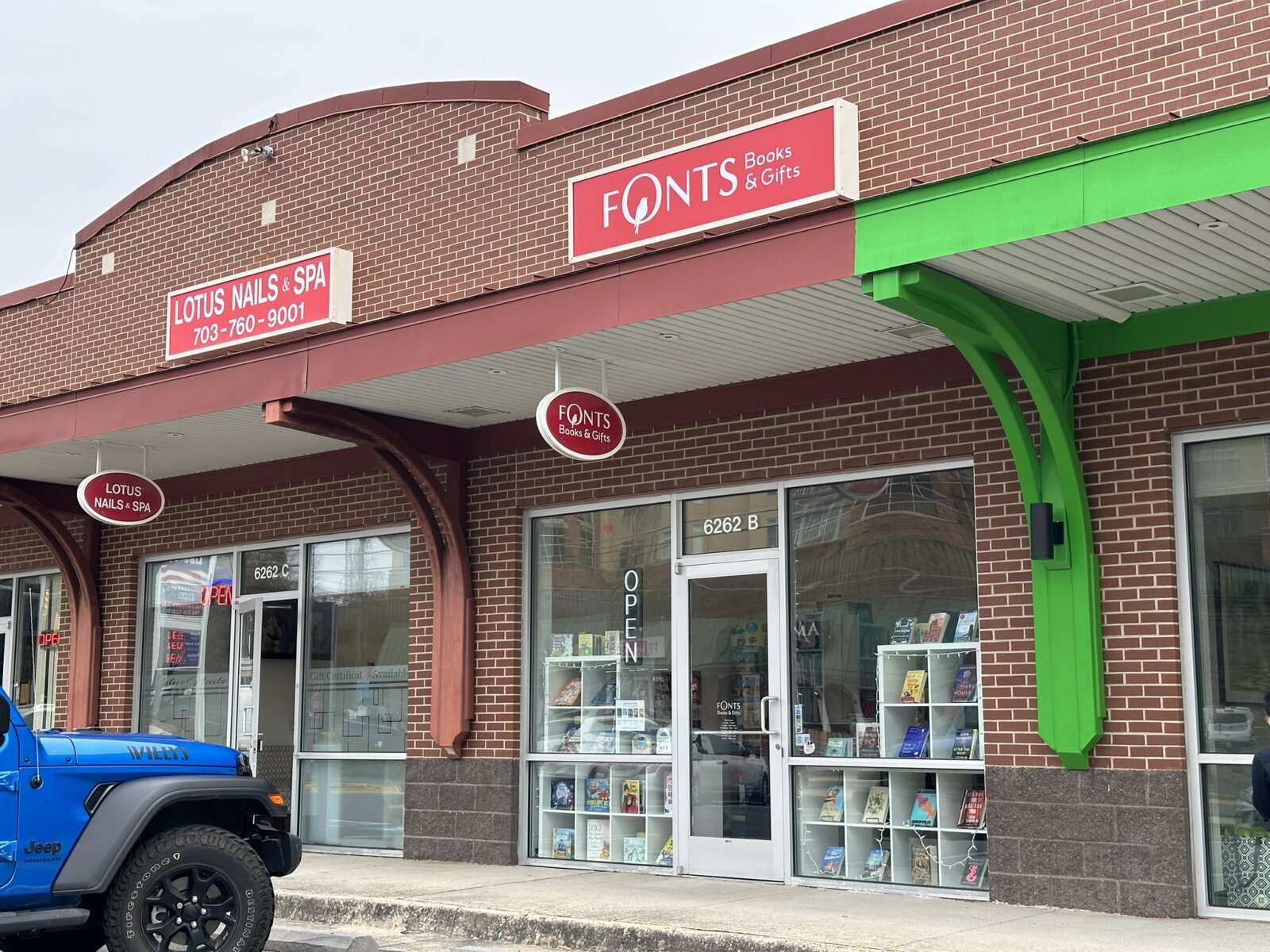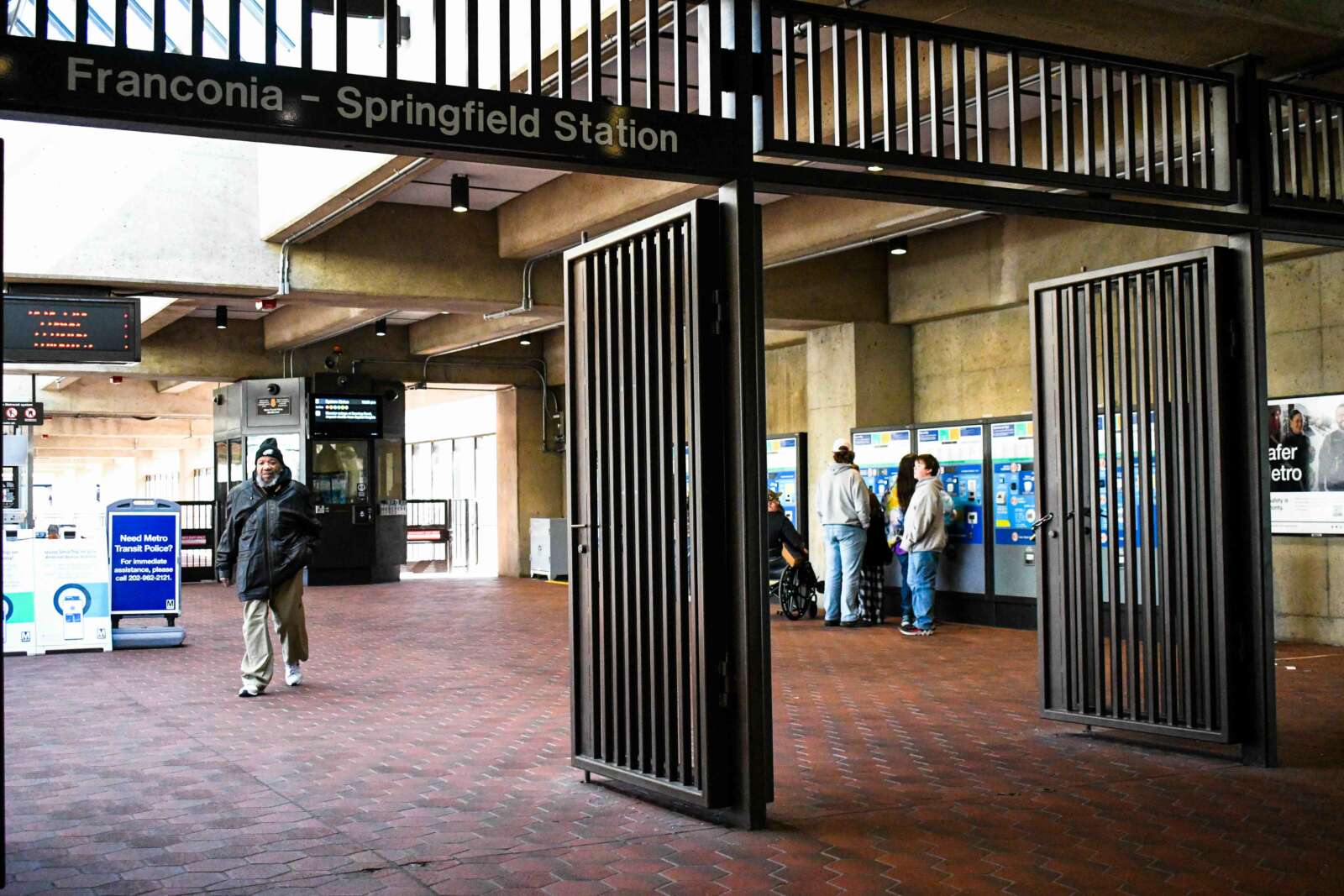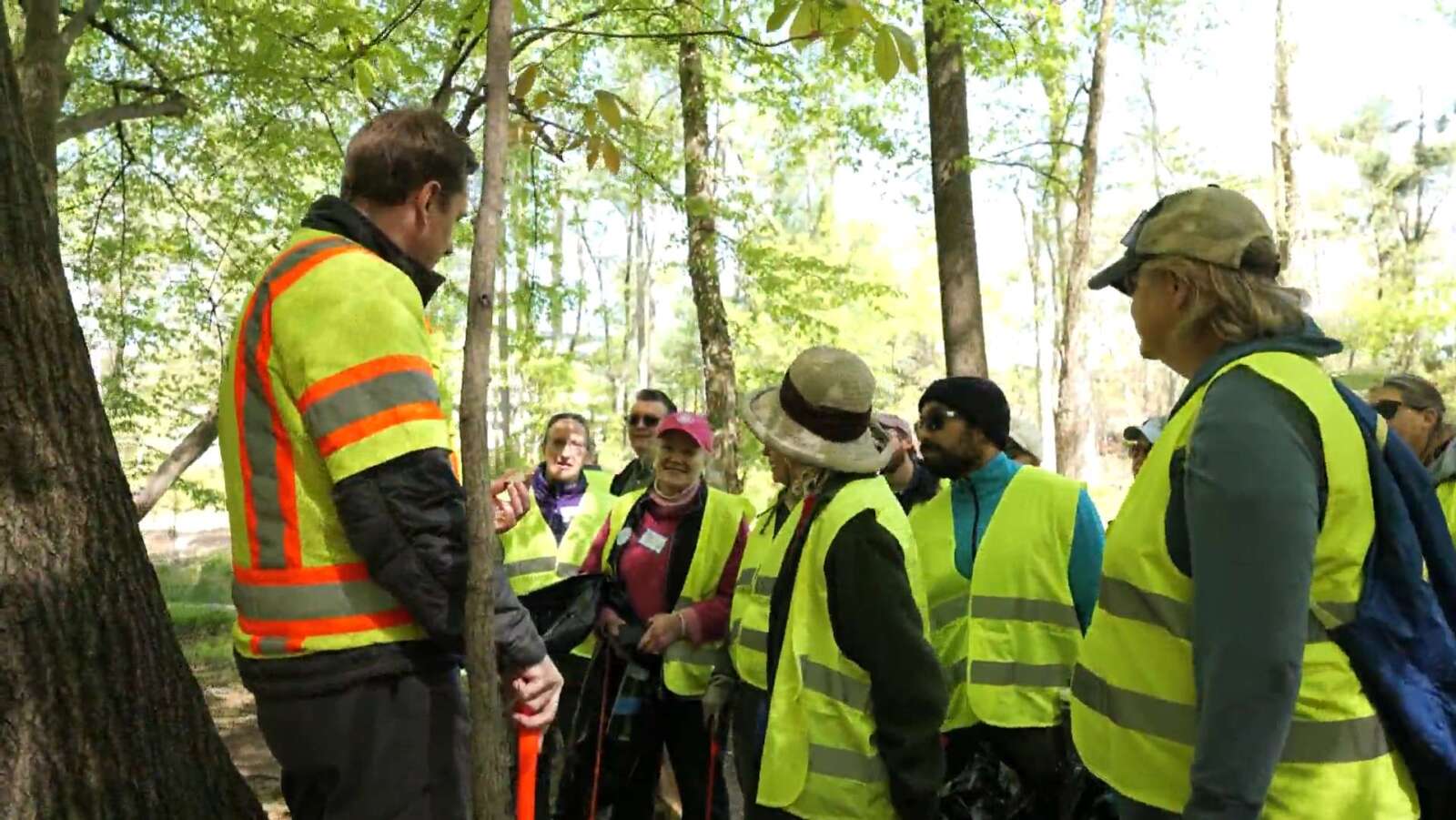The fairly routine annual approval of taxicab certificates at yesterday’s (June 25) Fairfax County Board of Supervisors meeting instead marked the end of an era as the county approved no certificates.
Every odd-numbered year, Fairfax County government reviews taxicab applications and gives out new permits based on assessed need. But this year, staff found that there was a decline in demand by nearly 25 percent, meaning no new certificates would be needed.
“I was not at all surprised by the number of taxicab certificates,” said Mason District Supervisor Penny Gross. “This is so different than years ago.”
“There was always competition,” Board of Supervisors Chairman Sharon Bulova agreed.
Staff noted in a memo last April that the taxicab market was experiencing a sudden decline.
According to staff:
The County’s taxicab market was experiencing a period of unprecedented contraction due to widespread customer acceptance of transportation network companies (TNCs) such as Uber and Lyft… The memorandum noted that as of April 2018, the County’s fleet size had dropped from 654 to 453 taxicabs due to operators’ relinquishment of 201 taxicab certificates. Since that April 2018 memorandum, operators have relinquished an additional 85 certificates, bringing the current Fairfax County taxicab fleet to 368 vehicles.
While taxi cab numbers fell, the memo noted that TNC registrations skyrocketed with 16,000 active registrations in Fairfax in 2016 compared to 654 taxicabs. But in 2017, the requirement for Uber and Lyft drivers to register with the Virginia Department of Motor Vehicles was repealed, so the current number of TNCs active in Fairfax County is unknown.
Observing the taxicab industry’s decline, the Board of Supervisors also expressed concerns over the impact on accessible rides for persons with disabilities. By code, wheelchair accessible vehicles must number 4 percent of the overall taxicab fleet, but declining numbers of taxis meant a declining requirement for accessible cabs.
“What is the effect on accessible cabs available?” Gross asked. “This board spent a lot of time years ago to ensure that the holders of certificates had a percentage of accessible taxis available. This seems like it throws it all into a cocked hat.”
Staff said that the current requirement was for 15 total wheelchair-accessible cabs, but there are currently 28 in service in Fairfax. Staff noted that Uber and Lyft both have accessible cab options, but that there was no authority to regulate their requirement in the transportation network. Bulova directed staff to work with consumer protection to examine how to mitigate the impact of the decline of taxis on transportation accessibility.
File photo






